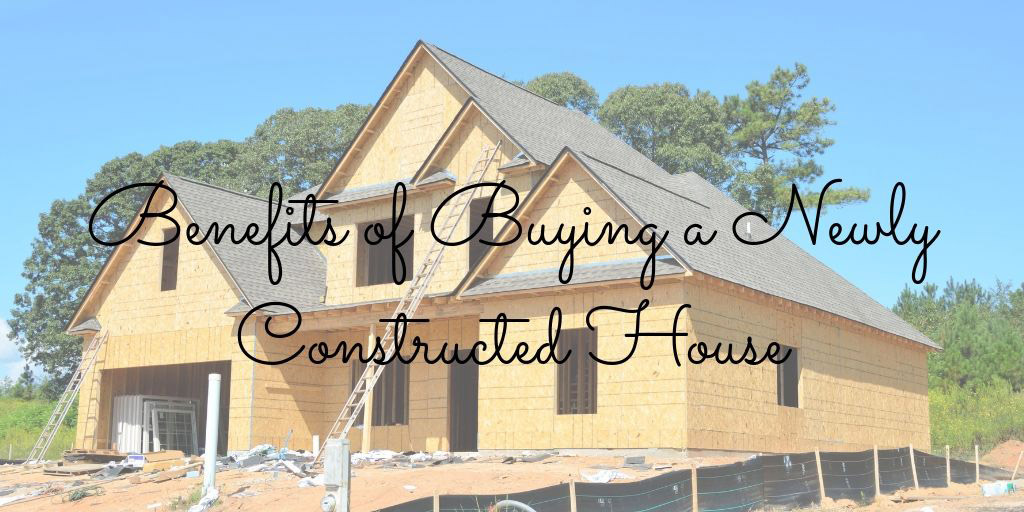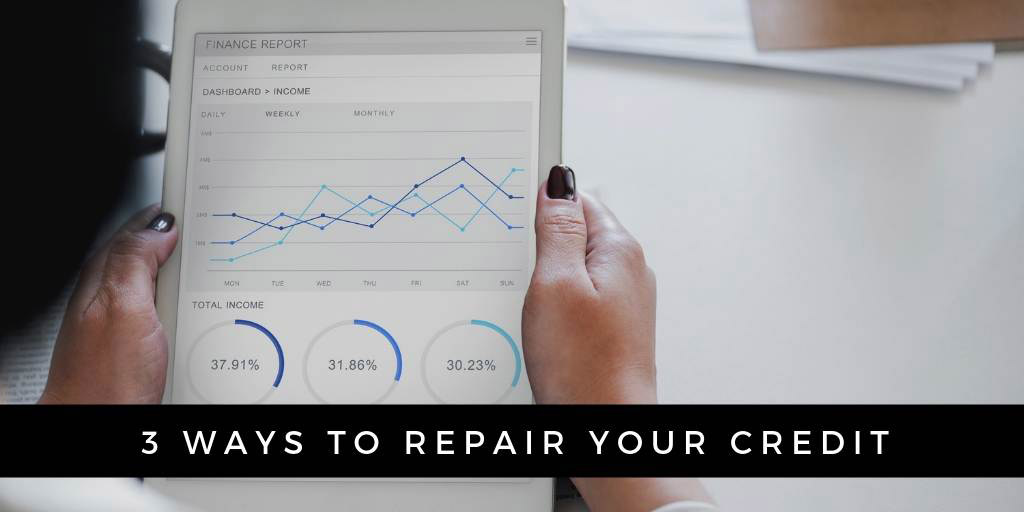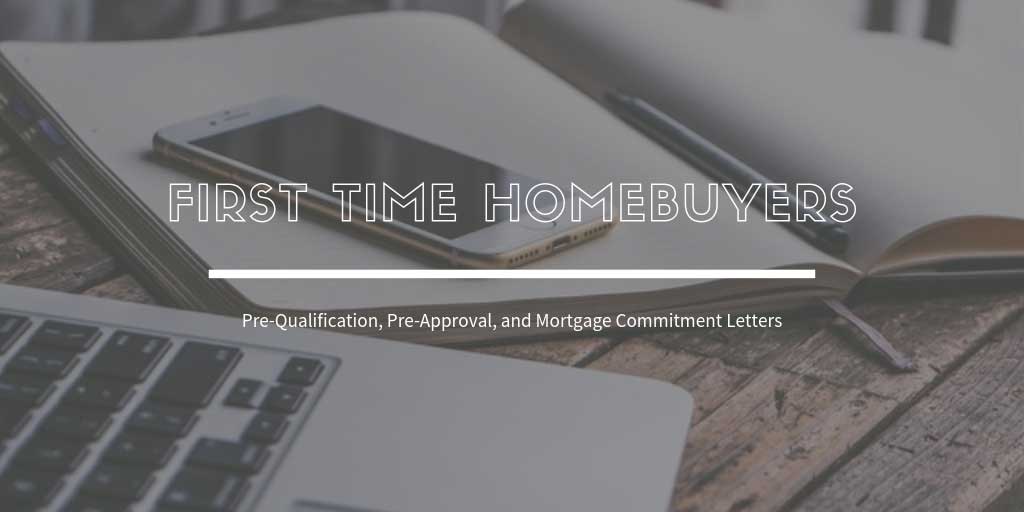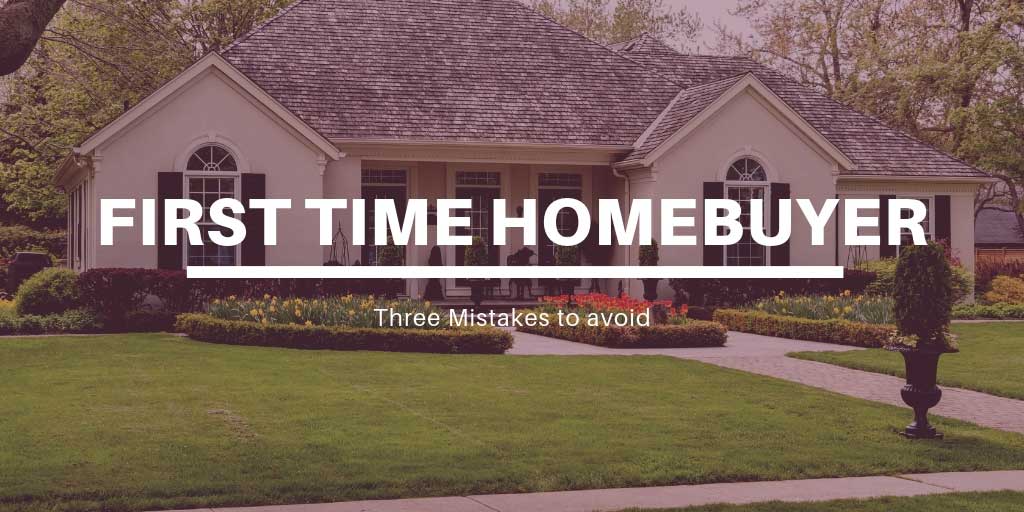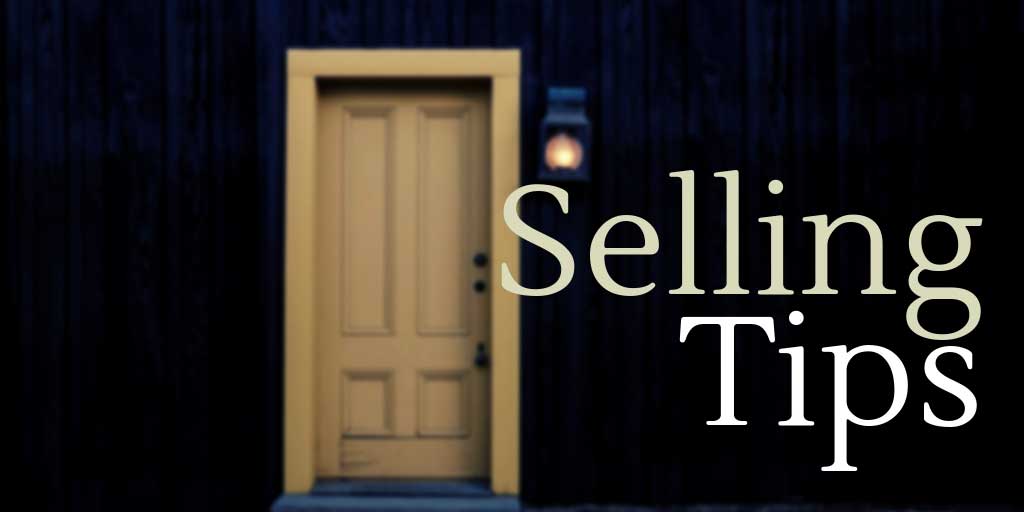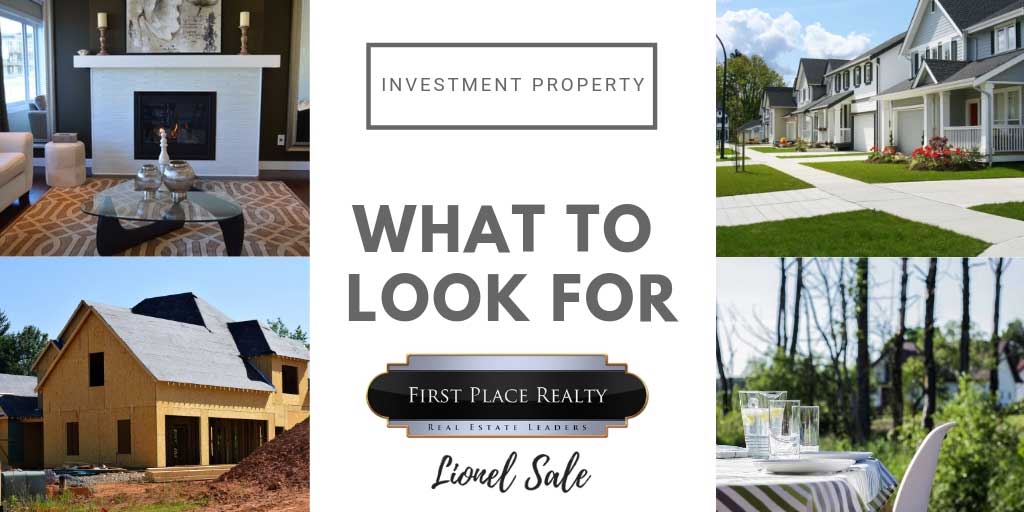There are two options available when seeking a new home for your family. You can purchase a resale (meaning an older home that has already been lived in) or a new construction. While each choice provides a distinct set of pros and cons, purchasing a newly constructed home offers numerous comparative benefits. Below are just 10 of the primary benefits.
1. Customization
New constructions allow homeowners to customize their homes with a variety of options prior to moving in, if they purchase during the pre-construction phase.
2. No Extra Work
Homeowners need not put in any work prior to move in. Resales, on the other hand, often require at least a minimal amount of renovations prior to move in.
3. Modern Appliances
A new construction will be equipped with modern appliances and conveniences, whereas resales may need to be updated. For example, most new homes are created with dishwashers, which are not often seen in older homes.
4. Stays Repair Free
Your home should be repair free for a minimum of two years. If anything does break during the first few years, most items will still be under warranty.
5. Eco-Friendlier
With better construction materials that have yet to see the effects of time and weather, new constructions are much eco-friendlier. The environmentally-friendly new materials could help lower your utility bills for years to come.
6. Modern Technologies
New constructions often come already equipped with modern technologies or 'gadgets.' Modern technologies could include a home security system, geothermal flooring, solar paneling, or smart home technologies, to name a few.
7. New Home Smell
As strange as it may seem, new constructions come with that new home smell and feel, which is distinctly appealing and satisfying. There is also the benefit of no 'strange' smells from age, as might come with a resale.
8. Higher Resale Price
If you decide to sell your home a few years down the road, a new construction will sell at a considerably higher price than older homes. Each time an older home is sold (unless it has undergone a full remodeling), it typically sells at a slightly lower price.
9. Community Features
New homes are often built in communities, which offer a lot of extra amenities and security features. Examples of extra amenities might include a pool, club house, security gates, game room for children, and many other things that will provide convenient, safe areas for yourself or children to pass their free time.
10. Founding a Neighborhood
Many new homes are being built in areas where a neighborhood is not yet established. Being among the first to move in means you have the distinct privilege of helping found a safe neighborhood for your children (and their new friends) to grow up in.
Conclusion
Choosing to purchase a newly constructed house has several distinct benefits when compared to the alternative of purchasing a resale. This article discusses just 10 of the primary benefits homeowners may experience during their home buyer's journey. This list is not, however, all inclusive and each unique family (and home) will come with it's own unique benefits.

